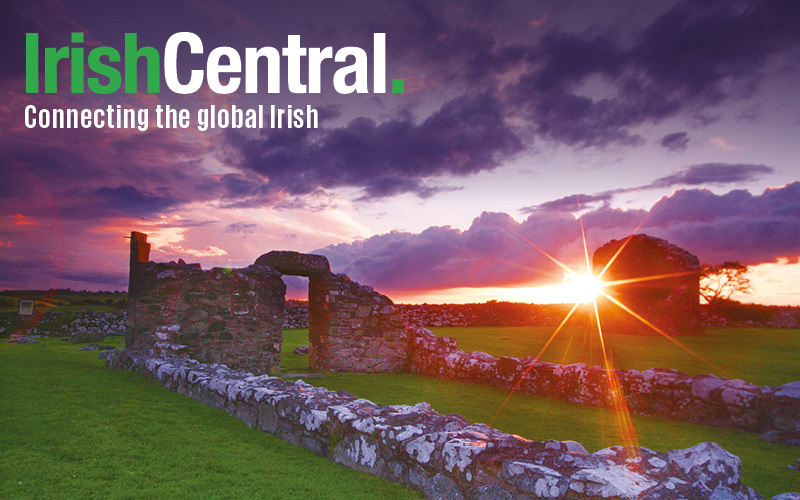The Irish like change if it doesn’t mean actually having to. By that I mean it’s our nature to seek consensus rather than conflict, because we’re a tribal society, and if consensus can’t be reached we prefer to pretend that is has been reached, then shake hands and let the stalemate stand.
For centuries, if necessary. No need to change a thing.
That’s the reason why we prefer to have the little conversations rather than the big ones. We’re adept practitioners of talks about talks. When you live on a small island you can’t go around pulling the skeletons from other people’s closets because they’ll know exactly where to find yours.
And to top it off they’ll know your ancestors and all their deeds, good and bad. An argument in Ireland usually involves multiple generations of the living and the dead. That’s why we have learned to avoid them at all costs.
This also makes us world class practitioners of small talk. To make our point without making our point, we have learned how to send complex and coded comments with a look or a word.
If you’re from the tribe you can interpret these looks and words. If you’re not you’ll be mystified.
But the few times it can’t be helped and a major disagreement erupts into public view our impulse isn’t to grapple with the competing issues, our instinct is to shut the debate down before the neighbors reach their windows.
That tendency toward censorship has been on full display in Ireland this week over the (initially successful) attempts made by the conservative Catholic Iona Institute and conservative journalists to prevent Panti, a well-known gay public figure, from being allowed to call them homophobes, even after they wrote multiple articles outlining why homosexual people don’t deserve the same legal rights as heterosexuals.
Panti, a drag queen and an eloquent progressive activist, found herself censored by Ireland’s broadcaster RTE, which was forced to pay over €80,000 for broadcasting her frankly accurate comments. She also found herself in the bizarre position of being lectured by homophobes as to what constitutes homophobia.
But before the debate could really erupt Iona sent a flurry of legal letters to censor the debate, muzzle their opponent and return to the place where they felt most comfortable – tense stalemate.
In any case, after a series of intimidating letters and a handsome payout, they thought they had accomplished their aim, which was cutting her mic.
If this was the Ireland of even 10 years ago they would have succeeded too. The barristers had spoken, the cash had been paid, the church had – though its proxies – belted progressive Ireland with a crozier.
But it’s time we acknowledged there’s a new front in the centuries old battle. If the first rule of Irish life is to hold your tongue, then it’s facing an almost unstoppable push back from the age of the Internet, where the first rule is always to speak up.
In Ireland, for centuries, the media was, like the church, a cozy hierarchy. From the receptionist to the publisher everyone knew their place and when they didn’t the hierarchy was there to put them in it.
That was the impulse at work in the Panti case in Dublin this week. Journalists, barristers, conservative Catholic figureheads and publishers all played their cards to silence her and put her in her place.
That would have worked until about 10 years ago. But it won’t work in the age of YouTube. The Internet is democratic, after all. That’s why reflexively authoritarian cultures like Ireland’s despise and fear it.
The internet can give literally everyone their say without the censoring attempts of journalists, barristers, conservative Catholic figureheads or publishers. You can push right past them to make your case now. The little people can make as big a fuss as the great.
On Saturday Panti took to the stage of Ireland’s national theatre and made a speech in her defense that has already clocked 120,000 views on YouTube.
“Don’t tell me what my oppression feels like, I’ll tell you,” she said. The crowd applauded.
Instead of being intimidated and silenced she responded with eloquence and fearlessness.
Oppression comes in many forms, but the worst always comes though enforced silence. Ireland will have to reconsider how it conducts its business in the internet age. We won’t get away with it like we used to.
Here's Panti Bliss' powerful speech at the Abbey Theatre:




Comments